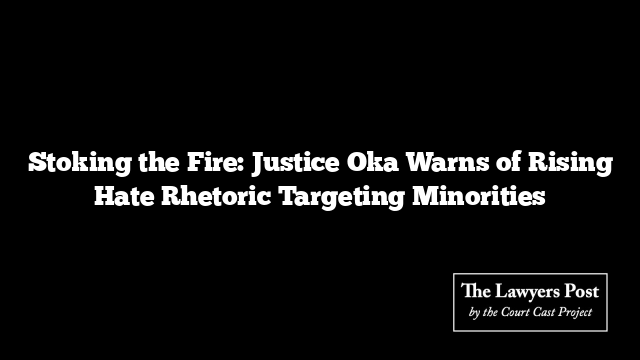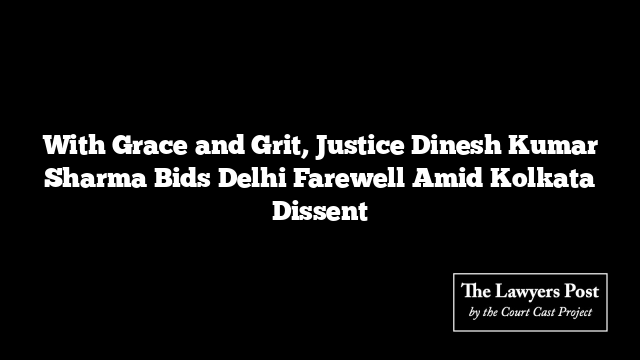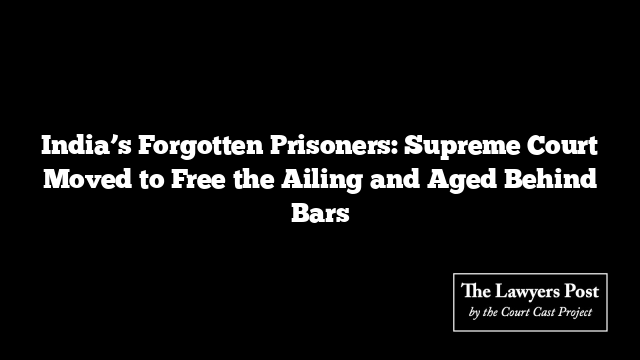In a hard-hitting address at Columbia Law School, Supreme Court Justice Abhay S. Oka called out a grim reality unfolding across India—hate speech, he said, is increasingly aimed at religious minorities and oppressed communities, often wielded as a tool by political leaders chasing electoral gains.
Justice Oka didn’t mince words. “There are deliberate attempts to provoke the majority into turning against the minority. These speeches fracture social harmony, and while they may be punishable under existing laws, the damage they inflict runs deeper than legal text,” he said.
He acknowledged that India’s legal framework—namely the Indian Penal Code and the Representation of People Act—provides mechanisms to prosecute such speech. But in his view, punishment alone won’t fix the rot. “The real antidote lies in educating the public. Our Constitution guarantees fraternity. If we nurture that value in people’s minds, hate will have fewer places to hide.”
At the same time, Justice Oka struck a careful balance, warning against weaponizing hate speech laws to crush free expression. He cited a recent judgment where he emphasized that free speech must be gauged not by fragile sensibilities, but by “the standards of a courageous mind.”
He cautioned: “Not every sharp or offensive remark constitutes hate speech. If we rely solely on subjective feelings to label speech, we risk strangling the right to speak freely.”
Justice Oka also stressed the vital role of satire and dissent in a democracy. “Take away stand-up, satire, and protest, and you’re taking away the dignity of democratic life. Universities must protect the right to dissent, even when it’s uncomfortable. Using hate speech laws to silence protest is a dangerous slope.”
The judge closed with a sober reflection: the terrain between punishing genuine hate speech and preserving free expression will always be fraught—but it’s a line India’s democracy must learn to walk with both courage and care.





